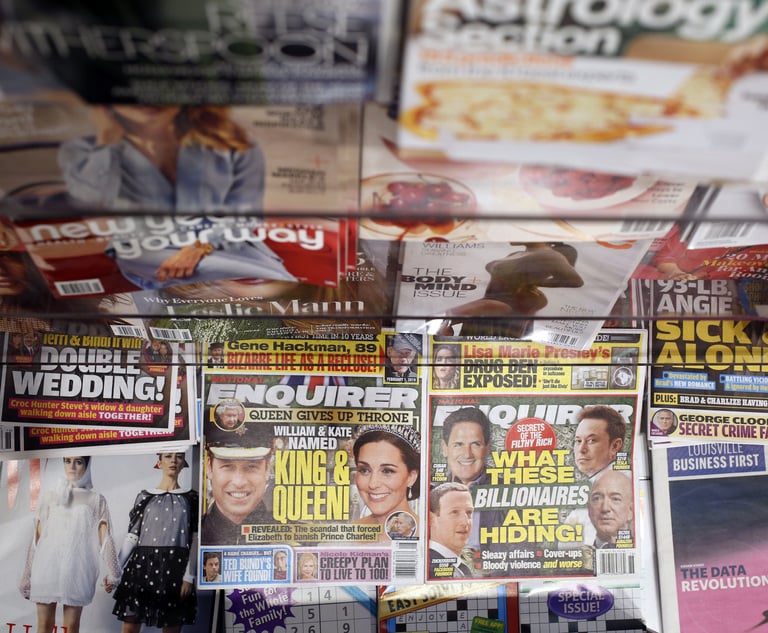In many ways, it’s a far tougher road to be a state prosecutor than a federal prosecutor. Federal prosecutors, more often than not, bring cases only if they want to—if they feel there’s sufficient evidence to indict and the case is worthy of the time and effort needed to prosecute.
Typically, on the federal side, there is no dead body, no victim claiming she’s been raped, no one who claims he was assaulted or robbed. Not so on the state side. State prosecutors, other than in white-collar cases, rarely have the luxury of simply declining prosecution because the evidence might not be strong enough (unless of course statute or case law make clear that the case would be legally insufficient). State prosecutors typically have a greater duty to proceed—and they have an obligation to their constituency, often when the evidence might be seen as weak. Think about Manhattan District Attorney Cyrus Vance and his decision not to prosecute Harvey Weinstein in 2015. When Vance’s decision to not charge Weinstein was made public, Vance was hounded in the press (until Weinstein was finally indicted).


 Photo: Shutterstock.com
Photo: Shutterstock.com




